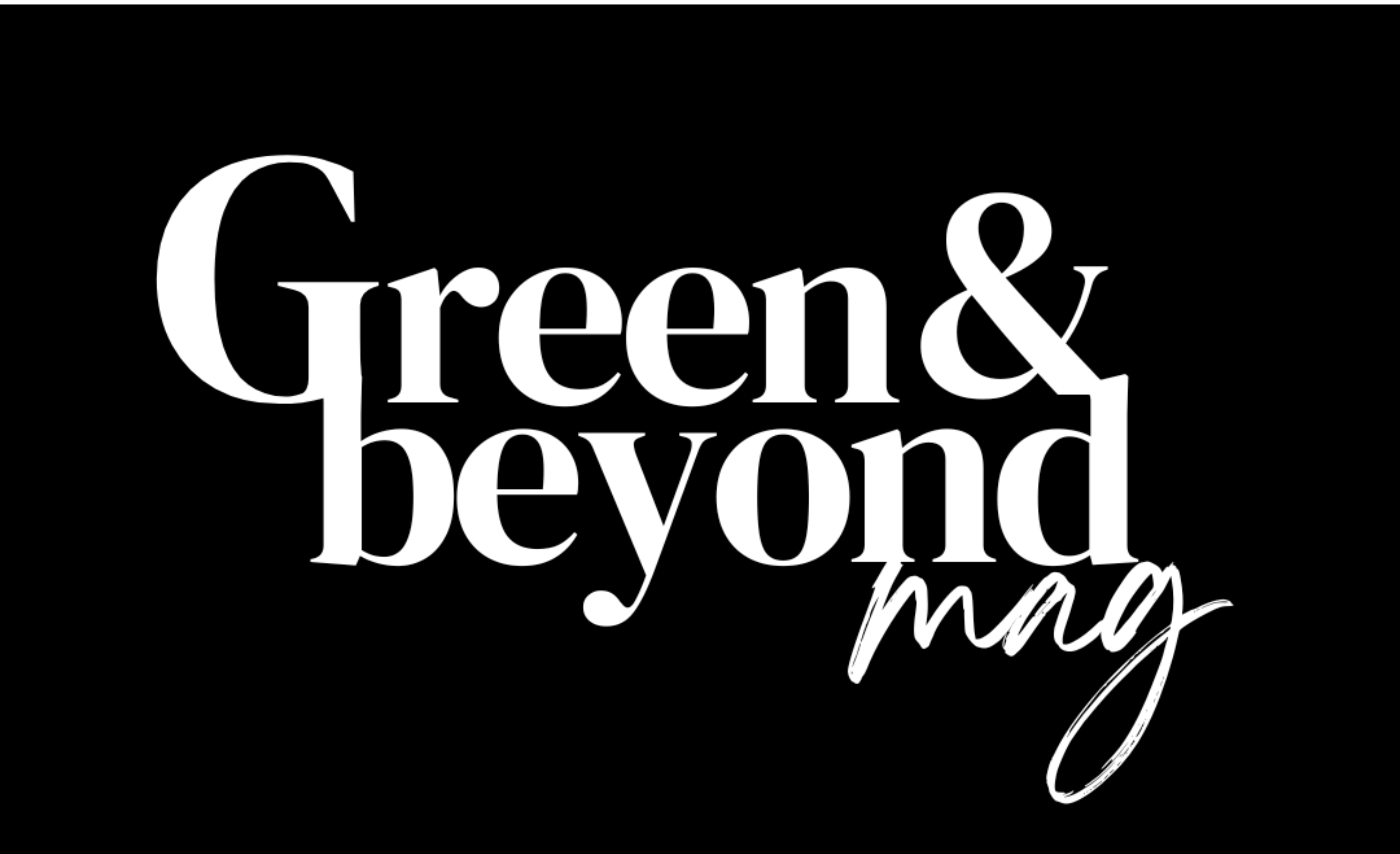
A free piece of advice for your business: Rethink “Sustainability”
Do you know why it is high time for businesses to become more sustainable, ethical, and conscious? The answer is very simple – because younger generations are becoming more and more conscious as consumers every day.
According to a Credit Suisse Research Institute analysis, Gen Z and Millennials account for 54 percent of the global population and 48 percent of consumer purchasing, growing to 69 percent by 2040. These generations are trying to shape the future of the world by changing the conventional mindset of doing business.
Now, there are two important questions that we need to ask. One – How are these younger generations trying to change the old ways of doing business? And two – How should businesses and entrepreneurs prepare for a world of business that is changing?
The answers to these questions are interrelated, just like the questions. But, I guess you have already figured that out. So let’s jump into the “hows” and “whys” and find out the answers together, shall we?
The Rise of Conscious Consumerism :
Have you noticed how frequently terms like “eco,” “green,” and “sustainable” appear in commercials these days? Brands from every industry have figured out that “sustainability is the new sexy” and they are trying their best to attract young consumers by focusing on “sustainability” and promoting it.
These younger generations do not only care about affordability and need when it comes to “decision-making”. Their awareness about climate change, how human activities are contributing to it, the unethical and tricky practices of greenwashing, and how voting with their wallets can be the most powerful tool to ensure a sustainable future – play a huge role in their consumer behaviors.
Young shoppers are more likely to buy from sustainable brands according to a study by the research firm Nielsen. Gen Z consumers are even willing to spend 10 percent more on sustainable brands and the percentage goes up to 73% when it comes to Millennials.
And the big brands know it!
20 years ago, no one in their wildest dreams would have even thought about McDonald’s introducing a vegan menu. But, that has become the reality now. It is not surprising that brands like McDonald’s, and KFC are focusing on vegan customers because veganism is on the rise. More than 600,000 people from 228 countries signed up for Veganuary 2022 and Gen Z along with Millennials are the ones who are taking the lead when it comes to veganism, worldwide.

This shift in the food industry’s market is not an isolated event. Every industry is seeing the rise of conscious consumerism and is having to shift as per the market demand.
The change in consumer behavior is exactly why brands like Patagonia are becoming more popular every day and big brands like Adidas, Nike, and Allbirds are trying to pick up their required pace and right direction to be on the sustainability track.
Google understands the need for sustainability too and has vowed to run on clean energy by 2030, while greener search engines like Ecosia are becoming increasingly popular among the younger generations.
Sustainability is reshaping the auto industry too. The Nielsen survey found that 63% of Gen Z and Millennials plan to buy an electric or hybrid electric vehicle. Tesla has delivered almost a million cars in 2021, which is an 87% increase from 2020. Industry behemoths like BMW and Ford have also recognized the need for sustainability and are working hard to take the wheel and steer the industry toward a more sustainable future.
Though it can be claimed that – “every industry has realized the importance of sustainability”, it will surely remain untrue at least as long as the fashion industry doesn’t come out of its “fast game”. The statement above will also remain untrue as long as the fossil fuel industry is powering our houses, vehicles, and factories.
Now, this might make you think that consumer behavior alone cannot change the conventional ways of doing business and the market. But, it is essential to realize that, these behaviors are bringing changes in governmental policies and legislation too. The proper application of those regulations will not only result in a healthy shift in the market but will also ensure that the shift is permanent.
New laws are also pushing for a more sustainable future
Have you heard about the proposed rules by the EU which aim to make the fashion industry sustainable?
These new rules target clothes, furniture, and smartphones sold in Europe. According to the proposed rules, these products must be more durable, easily repaired, and recycled. These proposals also aim to prevent brands from greenwashing consumers through their advertisements.
Similarly, the New York Fashion Sustainability and Social Accountability Act which was proposed in February 2022 also targets to make the fashion industry more sustainable by being transparent and by practicing accountability.
The fashion industry can receive a prize for greenwashing and the only logical rationale for doing so is that it recognizes that demand for sustainability is increasing. But, with the passing of such laws, there will be no more chance for the industry to greenwash the consumers.
According to the Nielsen survey, 41% of the respondents said that they believe that the fashion industry is unsustainable and 20% – 40% are trying to decrease their consumption of fast fashion. Though it can be argued that despite all the concerns about sustainability, consumption of fast fashion is still booming, it is also important to notice that a big portion of young global consumers is getting into sustainable fashion more and more every day.
Of course, the influencers of fast fashion on platforms like TikTok and Instagram are still promoting nothing but consumerism. But on these same social platforms, advocates of sustainability are not only promoting purpose-driven brands, but also ways to reduce consumption and stay in style by upcycling, repairing, and swapping.
Global platforms like Greenpeace, Fashion Revolution, Slow Factory, Slow fashion Movement, Remake, Ethical Influencers, etc. are helping people to get united and create communities. With the help of these communities, these young advocates are being able to make their voices heard in the right places and that is exactly why legislation is changing in favor of sustainability, worldwide.
If you still can not convince yourself that these younger generations are changing the future of the business world, then let me tell you this :
Gen Z and Millennials are more interested in jobs that care about our planet

By 2030, Millennials and Gen Z will comprise the majority of the workforce.
According to a Fast Company survey from 2019, 70% of Millennials prefer to work for a company that prioritizes sustainability. Not only that, nearly three-quarters of them are willing to accept a lower wage to work for an environmentally conscious company.
It is not only Millennials but Gen Zs who also consider a company’s environmental policies when deciding where to work, according to the 2018 Deloitte Millennials study. Two-thirds of those polled stated they would not accept a job if it did not include a good sustainability program.
So, even if you do not believe in sustainability, don’t you think it’s important for your business to become environmentally conscious to attract these young generations of workers?
You might also want to remember that, focusing on sustainability will also help you to save money too!
So what are some of the basics that you as an entrepreneur need to remember?
This will be really easy for you if you want it and tough for you if you don’t! Whatever industry you’re in, the core mantra should be the same for all of them: Planet and People over Profit.
You need to genuinely figure out how you can help people through your business, by not harming and giving it back to the environment. This also means that you need to stay a hundred percent away from greenwashing, be transparent about your supply chain and business model, and practice accountability.
You might find it tough to be an eco-conscious, purpose-driven business at the beginning. But you can be sure that focusing on sustainability will not only help you to grow your business but you can really bring meaningful changes into the world and ensure a future that will be better for you, your future generation, and everyone else.
Here’s to you, your business, and a sustainable future! Cheers!



